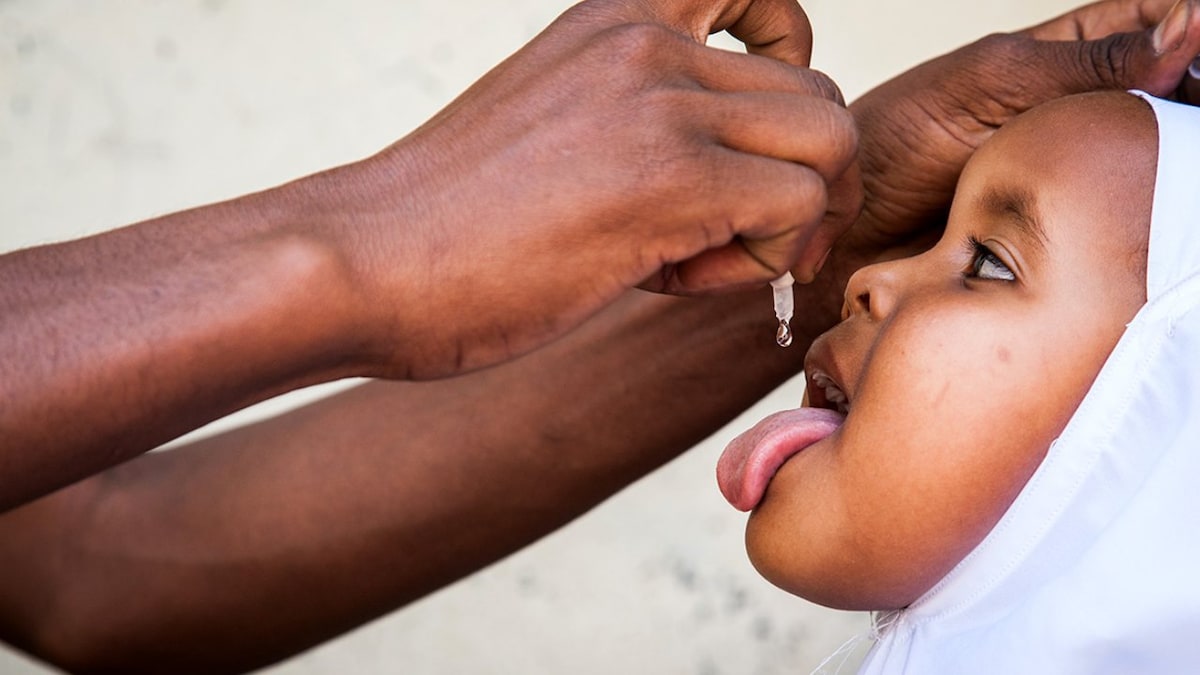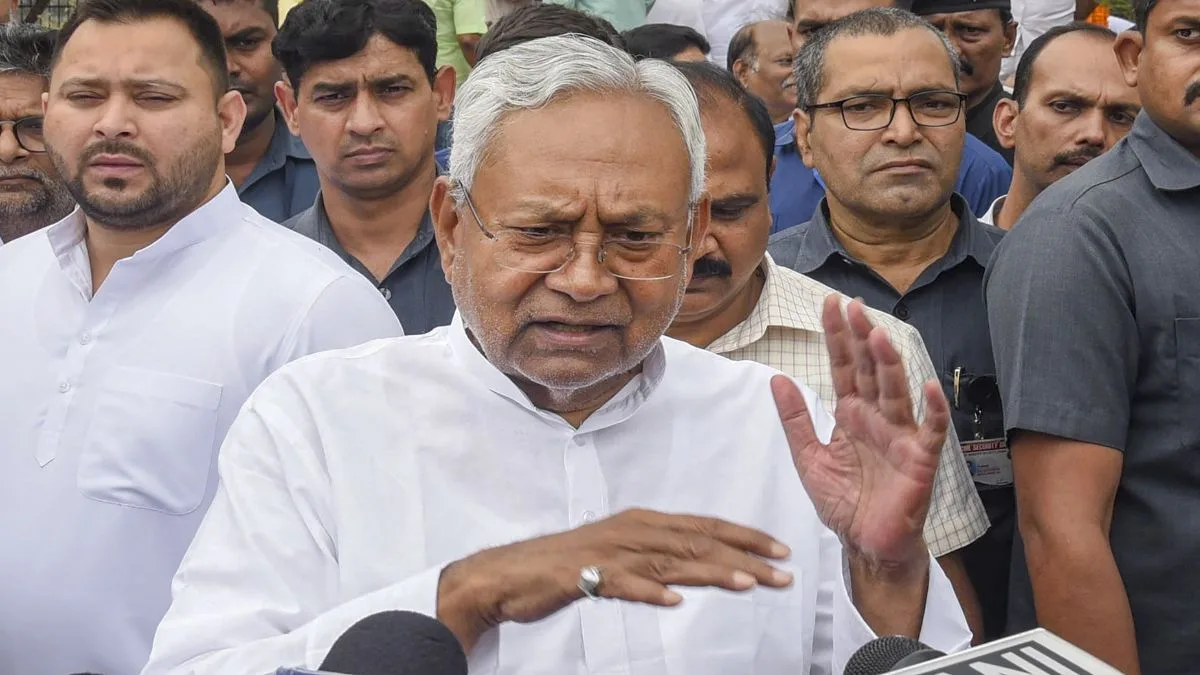Mozambique Has Declared The First Polio Outbreak In 30 Years

Mozambique declared a wild poliovirus outbreak on Wednesday after confirming that a child in the country’s north-eastern Tete province had contracted the disease.
According to the World Health Organization’s (WHO) Regional Office for Africa, this is the second imported case of wild poliovirus in southern Africa this year, following an outbreak in Malawi in mid-February.
So far, this is the country’s first case since 1992. In late March, the infected child began to experience paralysis. According to WHO, genomic sequencing analysis shows that the newly confirmed case is linked to a strain that was circulating in Pakistan in 2019, similar to the case reported in Malawi earlier this year.
Polio is primarily transmitted through contaminated water and food, or through contact with an infected person. The virus can cause paralysis, which can be fatal in some cases.
‘Polio-free?’
Because the virus strain is not indigenous, the cases in Mozambique and Malawi have no bearing on Africa’s wild poliovirus-free certification, according to WHO.
After eliminating all forms of wild polio in the region, Africa was declared free of indigenous wild polio in August 2020.

“The discovery of another case of wild polio virus in Africa is deeply concerning, even if it comes as no surprise given the recent outbreak in Malawi.” However, it demonstrates how dangerous this virus is and how quickly it can spread,” said Dr Matshidiso Moeti, WHO Regional Director for Africa.
UN assistance
“We are assisting southern African governments in stepping up the fight against polio, including large-scale, effective vaccination campaigns to halt the virus and protect children from its harmful effects.”
In Mozambique, an investigation is underway to determine the extent of the risk posed by the new wild poliovirus case and the targeted responses required. According to WHO, preliminary testing of samples collected from three contacts of the newly discovered case revealed that they were all negative for wild poliovirus type 1.
In response to the Malawi outbreak, Mozambique recently conducted two mass vaccination campaigns in which 4.2 million children were immunised against the disease.








